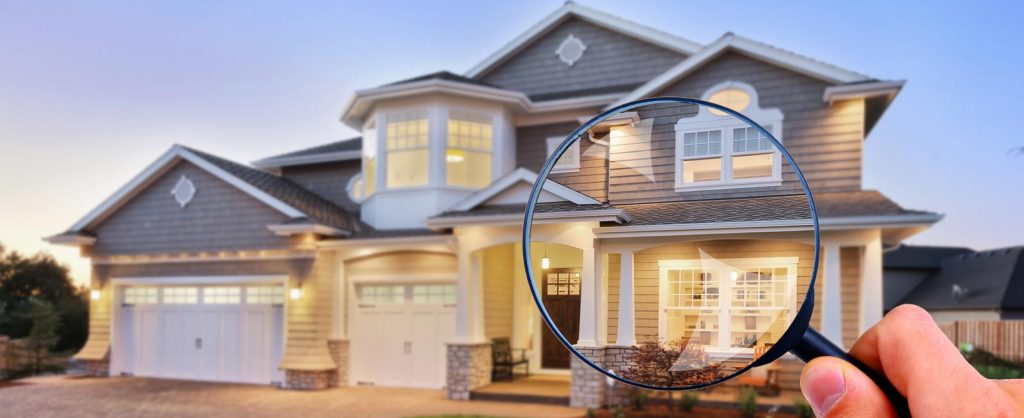The majority of property buyers want to have an inspection done before buying a duplex. Any experienced homebuyers or investors will do their due diligence first before buying a duplex or investment property. They want to ensure a professional MCM duplex Inspection is performed before they complete their real estate transactions. If you are a homebuyer, what the inspection will include depends on what you discover during the property viewing and what you can afford.
When you inspect the property with your realtor, you will look for signs of possible issues. Also, you want to hire more extensive help than a standard inspector. The majority of home inspectors perform general inspections, which means finding big issues. A lot of more specific problems are beyond their expertise and require a professional in this field. A duplex inspection should cover the following:
Exterior and Grounds
During a duplex inspection, an inspector will examine the home’s exterior and the property’s overall condition. They will focus on things such as grading and drainage, foundation integrity, signs of leaks or standing water, landscaping and exterior paint condition, siding, as well as driveway, deck, patio, and garage damage.
Roof, Doors, and Windows
A home’s exterior structural components are quite expensive to repair or replace. Thus, an inspector will carefully assess the condition and lifespan of such elements. They may concentrate on the gutters, shingles, flashing, exterior vents, fascia boards, chimneys, and soffits on the attic and roof. When the inspector examines the doors and windows, they will look for damage such as decay and rot, improper installation, cracks, and lack of caulking.
Attic
Usually, possible homebuyers overlook the attic during their visit. However, the attic can give clues to the property’s overall structural integrity. A home inspector will check for poorly installed insulation, improper ventilation, structural damage, and issues related to plumbing or exhaust pipes.
Interior Rooms
These rooms reveal important structural concerns. The inspection must include the walls, floors interior doors, windows, lights and switches, paint and trim, insulation, temperature control, as well as fireplaces.
Major Systems
The heating and cooling systems, as well as electrical and plumbing work of a home must be checked during a home inspection. The inspector must first indicate all components’ expected lifespan and age, then keep an eye on specific areas of concern. When they check the HVAC system, they should focus on the condition of the flues, ventilation, airflow, ductwork, filters, odour, and other concerns. When they check the electrical systems, they concentrate on the wiring, fuses, the main service panels, and others. For the plumbing system, the duplex inspection includes checking for pipe damage or leaks and the condition of the water heater and pump.


Comments are closed.